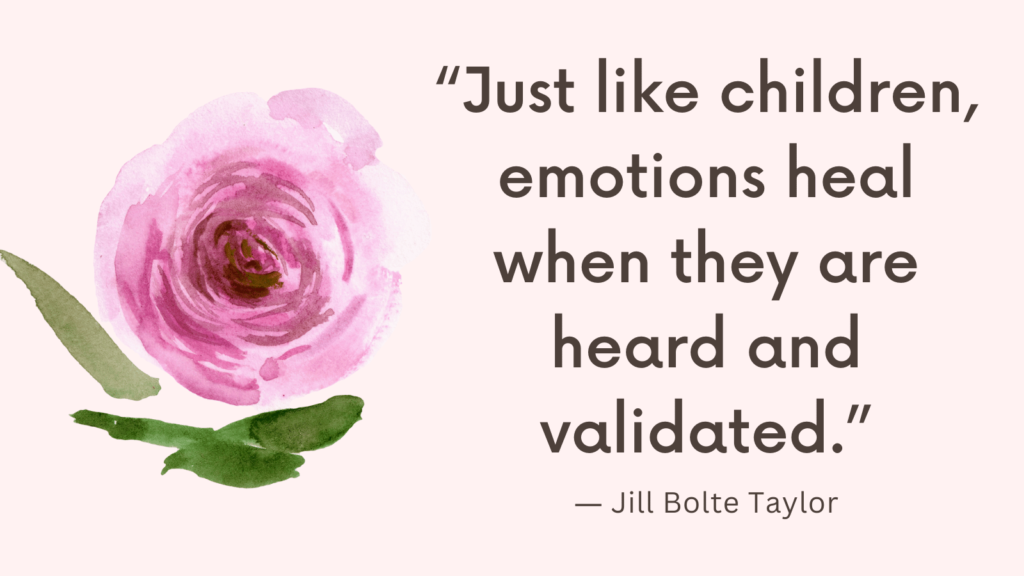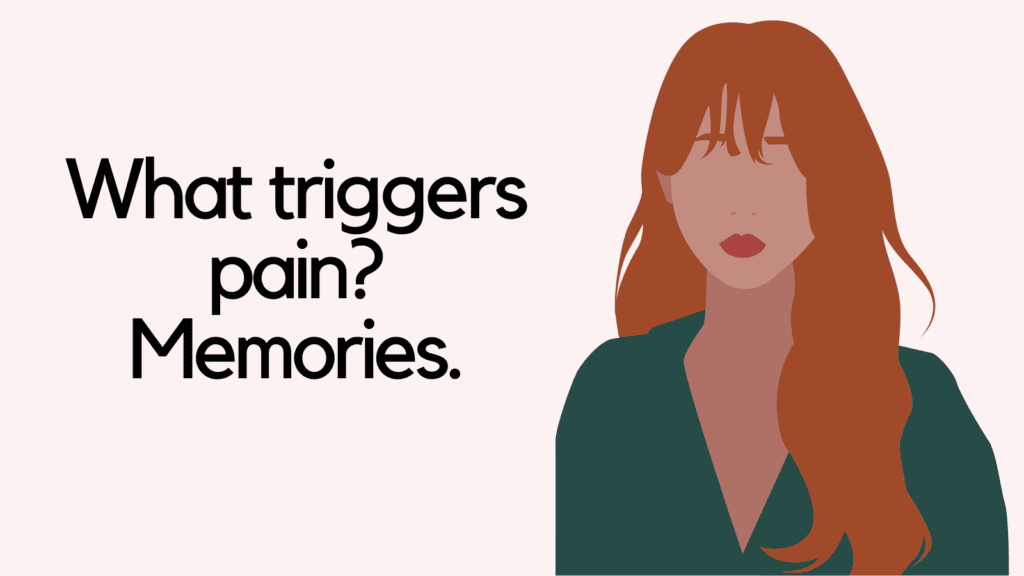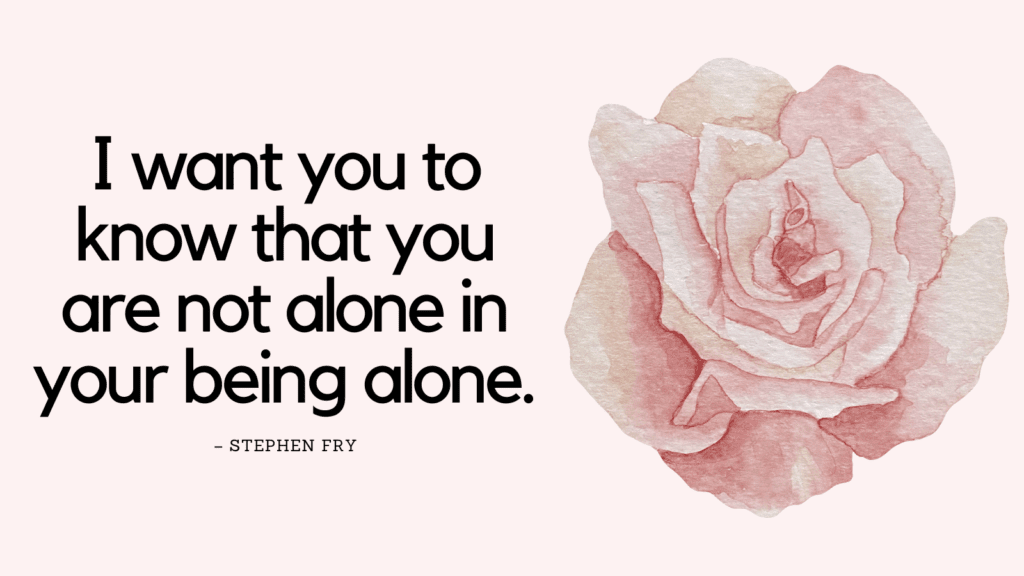This post contains some of the best loving someone with PTSD quotes.
Loving Someone with PTSD Quotes
1. “Although having PTSD is associated with mistrust, some survivors vary between being extremely naive and being extremely cynical. This inconsistency can create confusion for the partner.” – Aphrodite T. Matsakis
2. “As a partner of an individual living with PTSD, you may deal with numerous stressors that come with caring for someone with this condition. Some of these stressors include dealing with the PTSD symptoms, financial inconvenience, and loss of intimacy.” – Tim L. Gardner
3. “By learning about PTSD and developing certain coping skills, you’ll be doing your part to improve your relationship and limit the damage caused by your loved one’s trauma. But your partner must also make an effort.” – Aphrodite T. Matsakis
4. “Even when the partner tries to engage and reach out, they usually make no headway, and the partner may feel discouraged and disappointed. When this happens, the partner may start to become distant, too, since the survivor fails to reach out or respond. With time, this distance may grow wider, and could result in the end of the relationship.” – Tim L. Gardner
5. “If the PTSD survivor has insomnia, they won’t be able to sleep, anyway. As well, nightmares may result in them jumping up in terror at odd hours of the night, which will be disruptive for the partner.” – Tim L. Gardner
Related: What to Do When Someone with PTSD Pushes You Away?
6. “If you love someone with PTSD, you can’t help but be affected by his mood swings or his seemingly unpredictable reactions to others—especially to you, his partner and mate.” – Aphrodite T. Matsakis
7. “Additionally, you may take on a more substantial portion of the responsibilities in the home, while dealing with anger outbursts and all the other frustrating PTSD symptoms from your partner. This can cause you a huge level of discomfort, which makes it very easy for you to develop some resentment, too.” – Tim L. Gardner
8. “If your partner suffers from PTSD, your love can play a major role in his healing. You can’t be his therapist. But your ability to respond constructively to his symptoms and the challenges they bring to your relationship can make an important difference, not only in terms of his recovery, but in terms of your happiness and well-being too.” – Aphrodite T. Matsakis
9. “People don’t always act the same way in similar situations. It’s also normal for people to change their minds in midstream. However some of your partner’s variations may be PTSD-related.” – Aphrodite T. Matsakis
10. “People with PTSD often face symptoms like impulse control, rage, and anger. To deal with these troublesome emotions and urges, they may keep their feelings hidden and try to push others away through bad behavior. Another way they may protect themselves is through verbal abuse, to make their partners feel they are not happy or satisfied.” – Tim L. Gardner
11. “PTSD can be a very destructive illness, and the individual with PTSD may need to be continuously cared for by someone close to them. This is usually a partner, parent, or other family members.” – Tim L. Gardner
12. “PTSD has a profound effect on your relationships. Dealing with these symptoms can be tough for both of the partners involved. And if it is someone you genuinely love, walking away would be the last thing on your mind.” – Tim L. Gardner
Related: 7 Trauma Release Exercises To Support Your Recovery After Trauma
13. “PTSD may cause conversations to be brief and simple, and sometimes even non-existent. This can be very frustrating for the partner who is unable to communicate their feelings to the person with PTSD.” – Tim L. Gardner
14. “Some of your disagreements may be related to your partner’s PTSD, but others stem from deeply rooted personality or other differences. These personality differences would be creating problems in your relationship even if your partner didn’t have PTSD.” – Aphrodite T. Matsakis
15. “While PTSD can destroy relationships, you can make sure it does not destroy yours. Many relationships end because the other partner does not recognize what the survivor is going through. However, if you properly arm yourself with the knowledge of how this condition can affect your relationship, then you can find the information you will require to build the relationship once more.” – Tim L. Gardner
16. “While your partner may experience many benefits by undergoing treatment for PTSD, you also have a part to play in their recovery. Your role is to communicate with your loved one effectively. Even with PTSD treatment, it is common for communication issues to persist.” – Tim L. Gardner
17. “You may also feel resentful, yet wonder if you have the right to feel resentful. “My partner wouldn’t be having all these problems if he weren’t traumatized,” you may reason. Yet sometimes you may also wonder if he’s using PTSD as an excuse.” – Aphrodite T. Matsakis
Related: How To Expand Window Of Tolerance? (+FREE Window of Tolerance PDF)
How to Support Someone with PTSD?
Post-Traumatic Stress Disorder (PTSD) can have a significant impact on a person’s daily life, relationships, and overall well-being.
Supporting someone with PTSD requires understanding, empathy, and a knowledge of effective strategies.
1. Educate Yourself
Take the time to learn about PTSD, its symptoms, and its triggers.
This understanding will help you empathize with the challenges faced by someone with PTSD and guide your support efforts more effectively.
2. Be a Caring Listener
Offer a safe space for individuals with PTSD to express their thoughts and feelings without judgment.
Practice active listening and validate their experiences.
Avoid pressuring them to talk if they are not ready, but let them know you are available when they are.
3. Encourage Professional Help
Suggest that the person seek professional support from a therapist or counselor trained in trauma-related disorders.
Therapeutic interventions, such as cognitive-behavioral therapy (CBT) or Eye Movement Desensitization and Reprocessing (EMDR), can be highly effective in treating PTSD.
Related: How to Love Someone with Complex PTSD? Top 9 Suggestions
4. Respect Triggers and Boundaries
Ask the individual about their triggers and respect their boundaries.
Avoid exposing them to situations or stimuli that may trigger their traumatic memories.
Be patient and understanding if they need to avoid certain places, activities, or conversations.
5. Provide Stability and Routine
Establishing a stable and predictable environment can be beneficial for individuals with PTSD.
Encourage the person to maintain healthy routines, including regular sleep patterns and exercise.
Structure and predictability can create a sense of safety and stability.
6. Offer Practical Assistance
Support the person in everyday tasks that might feel overwhelming or triggering.
This could include helping with household chores, running errands, or accompanying them to appointments.
Offering practical assistance demonstrates your willingness to alleviate their stress.
Related: Best 10 Books About Childhood Trauma
7. Foster Social Connection
Encourage the individual to participate in social activities that they feel comfortable with.
Isolation can worsen symptoms of PTSD, so fostering social connection is important.
However, avoid pushing them into situations that may cause distress.
8. Recognize Signs of Distress
Learn to recognize signs of distress in individuals with PTSD, such as panic attacks, hypervigilance, or withdrawal.
If you notice these signs, encourage them to use coping strategies they have learned, such as deep breathing exercises or grounding techniques.
9. Be Patient and Understanding
Recovery from PTSD is a gradual process. Understand that healing takes time and setbacks may occur.
Avoid placing pressure on the individual to “get over” their trauma. Instead, offer patience, understanding, and reassurance that you are there to support them.
10. Take Care of Yourself
Supporting someone with PTSD can be emotionally challenging. It is essential to prioritize self-care and seek support for yourself.
This might involve talking to a therapist, joining a support group, or engaging in activities that help you recharge and maintain emotional well-being.
Related: Best 100 Self Care Affirmations To Honor Yourself

Conclusion
Supporting someone with PTSD requires empathy, understanding, and knowledge about the condition.
By educating yourself, providing a caring and non-judgmental presence, encouraging professional help, respecting boundaries, offering practical assistance, fostering social connections, and practicing patience, you can play a crucial role in assisting individuals with PTSD on their journey toward healing and recovery.
Remember, each person’s experience is unique, so continually communicate and adapt your support based on their specific needs.



